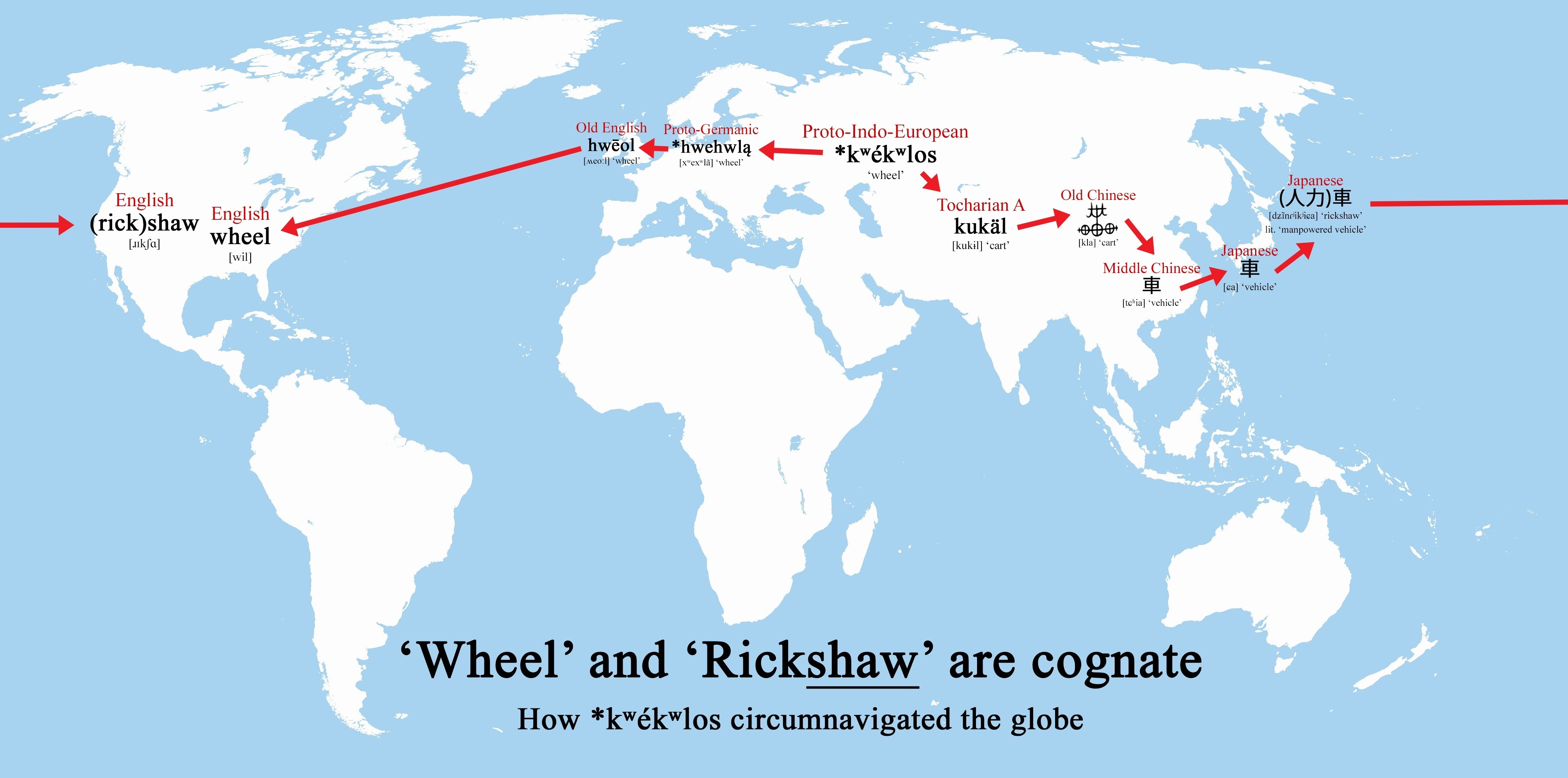this post was submitted on 09 Feb 2024
78 points (94.3% liked)
Linguistics
1360 readers
1 users here now
Welcome to the community about the science of human Language!
Everyone is welcome here: from laypeople to professionals, Historical linguists to discourse analysts, structuralists to generativists.
Rules:
- Instance rules apply.
- Be reasonable, constructive, and conductive to discussion.
- Stay on-topic, specially for more divisive subjects. And avoid unnecessary mentioning topics and individuals prone to derail the discussion.
- Post sources when reasonable to do so. And when sharing links to paywalled content, provide either a short summary of the content or a freely accessible archive link.
- Avoid crack theories and pseudoscientific claims.
- Have fun!
Related communities:
- !linguistics_humor@sh.itjust.works
- !languagelearning@sopuli.xyz
- !conlangs@mander.xyz
- !esperanto@sopuli.xyz
- !japaneselanguage@sopuli.xyz
- !latin@piefed.social
Resources:
Grammar Watch - contains descriptions of the grammars of multiple languages, from the whole world.
founded 2 years ago
MODERATORS
you are viewing a single comment's thread
view the rest of the comments
view the rest of the comments

Another rather counter-intuitive cognate for both is "cycle". It looks nothing like either, and it's the result of
The French step is disputable, as it's also possible that English got the word from the same source as French, straight from the Ecclesiastical pronunciation; that would explain the lengthened vowel. Either way, French certainly reborrowed the word, it cannot be inherited otherwise the vowel would be [e].